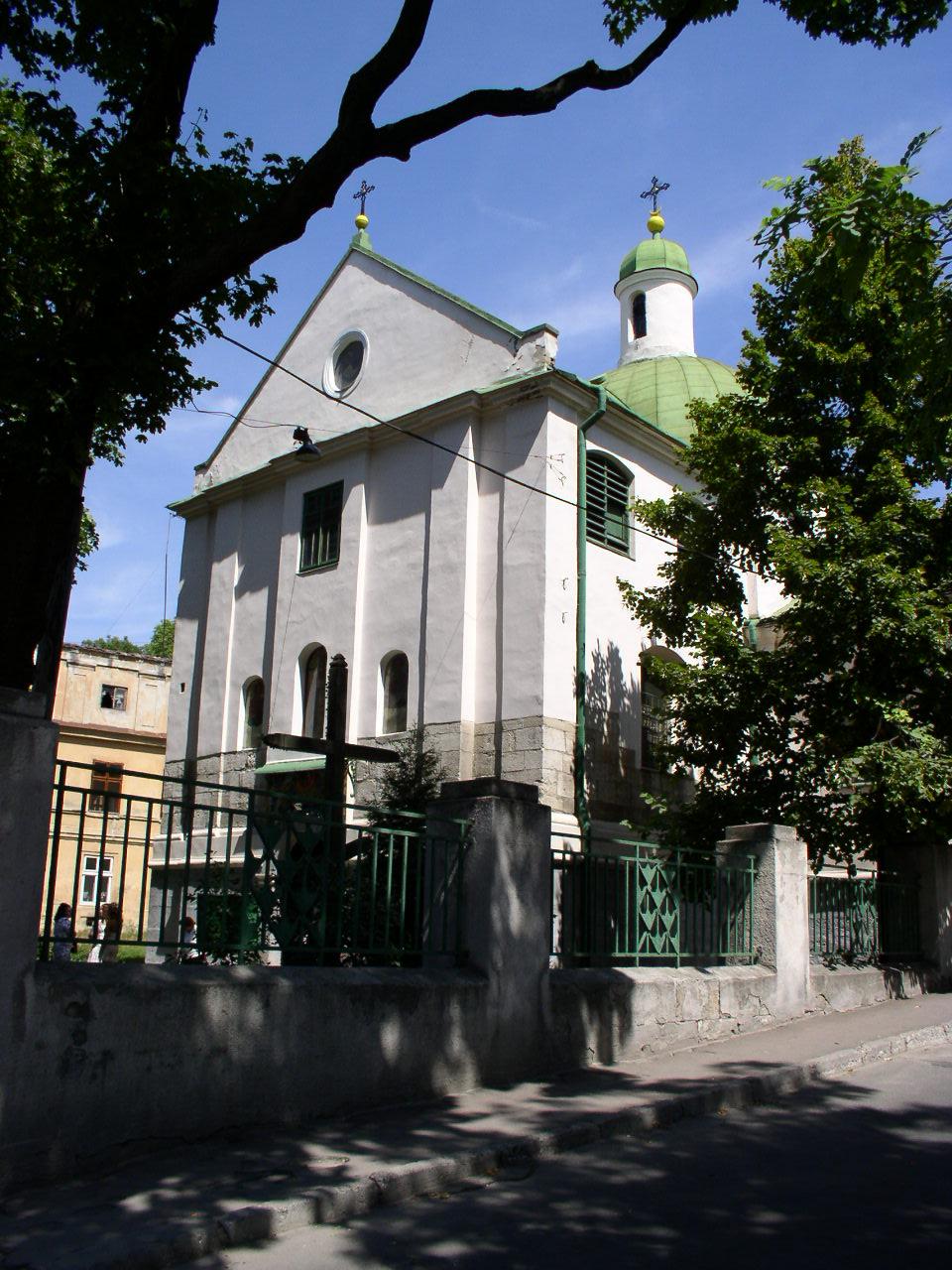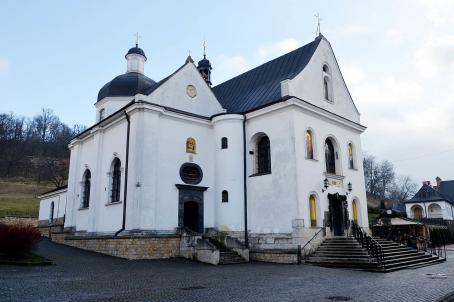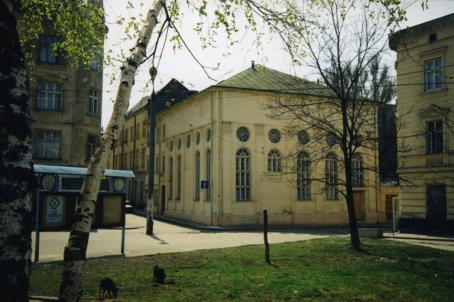St. Nicholas Church

The St. Nicholas Church is said to be one of the oldest buildings. It was simultaniously built with the rest of the city. The building has been restored many times.

The St. Nicholas Church is said to be one of the oldest buildings. It was simultaniously built with the rest of the city. The building has been restored many times.

The St. Onuphrius is a Greek Catholic church. Records describe a wooden church that stood on the same spot. This church was built in the 13th century, during the reign of Leo I of Halych. A monastery was built next to the church during the second half of the 15th century. The current stone building was built in 1550, but it has been destroyed and rebuilt several times.

The synagogue was built by a rich Hasid Yakob Glanzer and was the first oficial Hasidic synagogue in Lviv. In 1912, the building was reconstructed according to the design of Włodzimierz Podhorodecki. The synagogue was closed by the Soviet authorities in 1962. In 1990, the former synagogue was transferred to the Society for Jewish Culture and from 1993 it belongs to the religious community. Remains of the wall paintings were discovered in 2011.

The church was originally built between 1703 and 1731. Back then, it was used as a Roman Catholic church of the Holy Trinity of the Trinitarian Order. The style of the building was French classicism with a Baroque interior. The monastery was abolished by the Holy Roman Emperor Joseph II in 1783, after which the church was used as a library of the Lviv University. In 1848, the building was destroyed by Austrian artillery during the Spring of Nations. It was the Greek Catholic Church that rebuilt the church. Most of the original design was kept, but the apse was added to the short presbytery, and domes that now dominate the facade were built on the church towers. The interior needed to undergo much deeper changes to suit the needs of Eastern Rite liturgy.